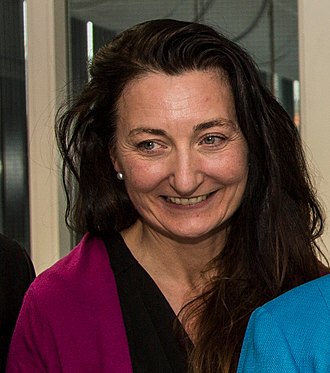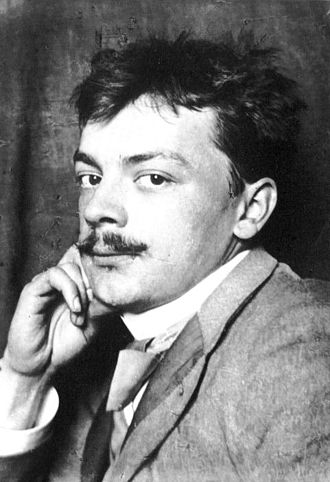Moser Last Name Origin, History, and Meaning
Where did the surname Moser come from? What does the surname Moser mean? Discover the history and meaning of the last name Moser and family migration on YourRoots Map.
Surname Moser Origin: What does the last name Moser mean?
The surname Moser is of South German origin, derived from the German word Moos, meaning 'moss'. It first appeared in records from Switzerland around the early 15th century and later grew significantly in Germany in the 16th century. By the 17th to the 19th centuries, the Moser surname had spread to the United States, where it became prominent. The name Moser remained closely associated with Switzerland in the 15th century before expanding globally over the centuries.
According to YourRoots data, the Moser surname has a strong presence in the United States by the 20th century, with significant records also found in Switzerland, Germany, and other countries worldwide. This surname has a rich history and has evolved to be recognized in various regions and cultures, showcasing its enduring legacy and global reach.
Moser Last Name History: Where did the last name Moser come from?
Origin of Moser Surname: Where does the last name Moser originate from?
According to YourRoots data, the surname Moser first appeared in records from Switzerland around the early 15th century. Please note that this reflects only YourRoots data for the exact Moser spelling and does not include other record sources or surname variations.
History of the Last Name Moser: What does the Moser surname history look like in the early days?
The Moser surname remained closely associated with Switzerland in the 15th century, then started growing significantly in Germany in the 16th century and later in the United States from the 17th to the 19th centuries. YourRoots data also shows Moser family records in many countries, indicating global spread over the centuries.
Global Spread: Where can we find the Moser surname today?
By the 20th century, the volume of records with the Moser surname grew significantly in the United States. The Moser surname remains prominent in the United States. It appears in many countries, including Switzerland, Germany, and other regions around the world.
Explore Moser last name heritage and Moser surname origin based on YourRoots Map data
 VIEW THE ORIGIN OF SURNAME MOSER
VIEW THE ORIGIN OF SURNAME MOSERFamous People With Moser Surame?

Porter Moser
Porter Andrew Moser (born Aug 24, 1968) is a college basketball coach currently leading the University of Oklahoma men's basketball team. With an extensive coaching career at Loyola University Chicago, Illinois State, and Arkansas-Little Rock, Moser has a proven track record of success. Notable for guiding Loyola Chicago to the 2018 Final Four, Moser's strategic coaching style and leadership have earned him recognition in the basketball community. From his playing days at Creighton University to his coaching achievements, Moser's dedication to the sport shines through in his accomplishments on and off the court.

Francesco Moser
Francesco Moser (June 19, 1951) is an Italian former professional road bicycle racer known as "Lo sceriffo" (The sheriff). He achieved great success in the sport, with notable wins in the Giro d'Italia and multiple classic races like Paris–Roubaix and Milan–San Remo. Moser's dominance in the mid-1970s to early 1980s solidified his place in cycling history. His legacy extends to his nephew Moreno Moser, also a professional racer, and his son Ignazio Moser. Post-retirement, Moser ventured into bike manufacturing with Moser Cicli and viticulture, carrying on his family's winery tradition.<\p>

May-Britt Moser
May-Britt Moser (born Jan 4, 1963) is a Norwegian psychologist and neuroscientist known for her groundbreaking work on the brain's positioning system. She shared the 2014 Nobel Prize in Physiology or Medicine with her former husband, Edvard Moser, for their research on grid cells in the brain. Together, they established the Moser research environment at the Norwegian University of Science and Technology. May-Britt's passion for neuroscience led her to become a professor and head of the Centre for Neural Computation. Despite their divorce, she and Edvard continue their scientific collaboration, leaving a lasting impact on the field.

Koloman Moser
Koloman Moser (March 30, 1868 - October 18, 1918) was an influential Austrian artist known for his work in graphic art. He was a key figure in the Vienna Secession movement and co-founded Wiener Werkstätte. Moser's designs spanned various mediums, from books and postage stamps to fashion, stained glass windows, ceramics, and furniture. He drew inspiration from classical Greek and Roman art, creating clean lines and repetitive motifs. Moser's legacy includes his lead role in Austria's art journal, Ver Sacrum, and his designs being featured on the Austrian 100 euro Steinhof Church commemorative coin. His work continues to be celebrated through exhibitions and publications.

Leon Moser
Leon Jerome Moser (September 15, 1942 – August 16, 1995) was an American convicted murderer who was executed in Pennsylvania for the 1985 murders of his ex-wife and two daughters. Moser, a Vietnam veteran and former seminarian, pleaded guilty to the murders and a weapon charge, refusing all appeals and expressing a desire for the death penalty. His case led to changes in Pennsylvania law regarding domestic violence arrests and protections. Moser's execution by lethal injection marked only the second since the state reinstated the death penalty in 1976.
All images displayed on this page are sourced from Wikipedia or Wikimedia Commons.We use these images under their respective Creative Commons or public domain licenses. Wherever applicable, author attributions and license information are provided. If you believe an image is used incorrectly or outside its license terms, please contact us so that we can review and correct the issue.




.png)